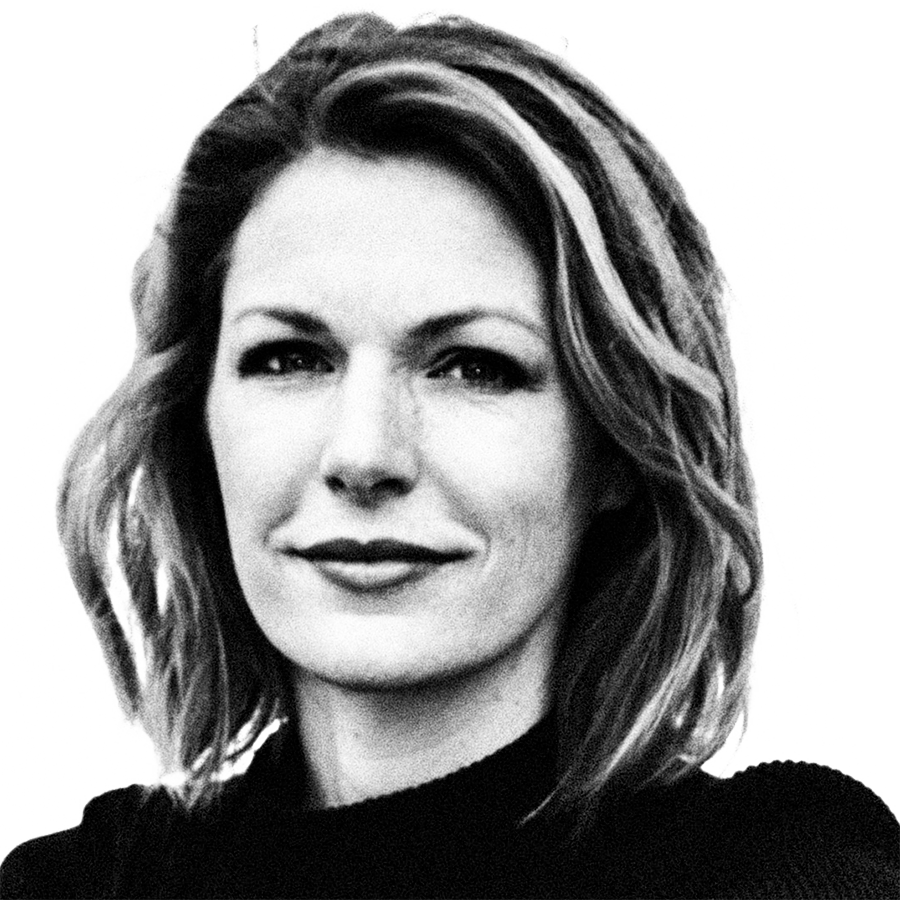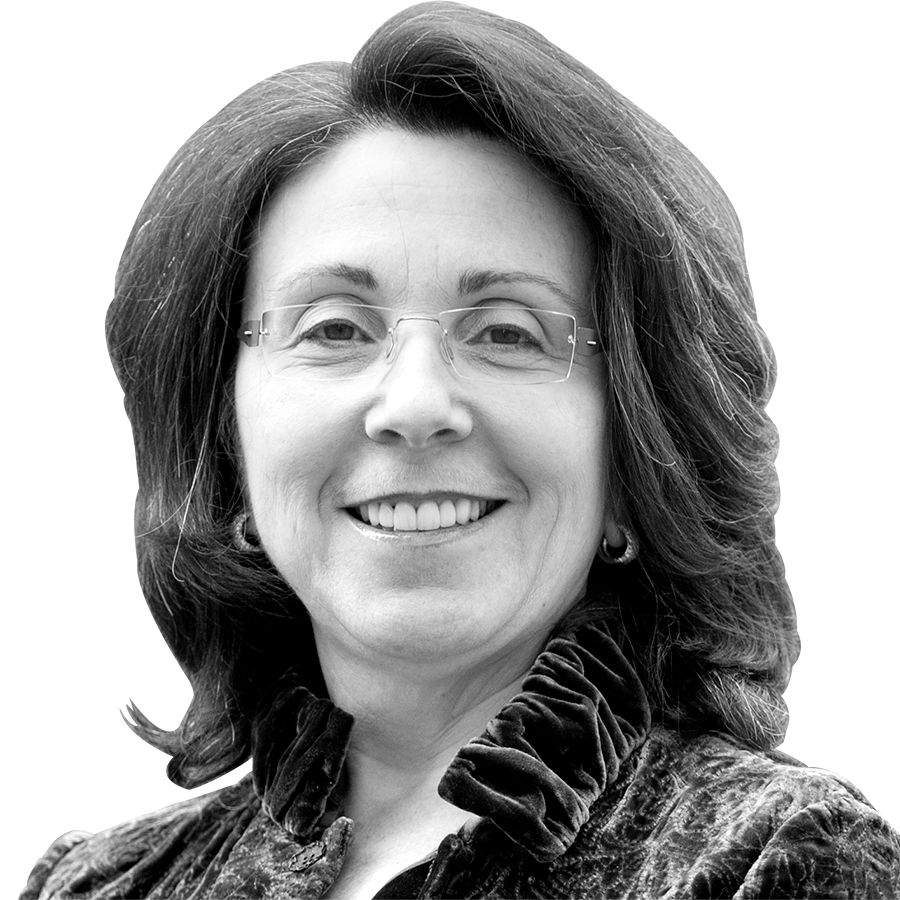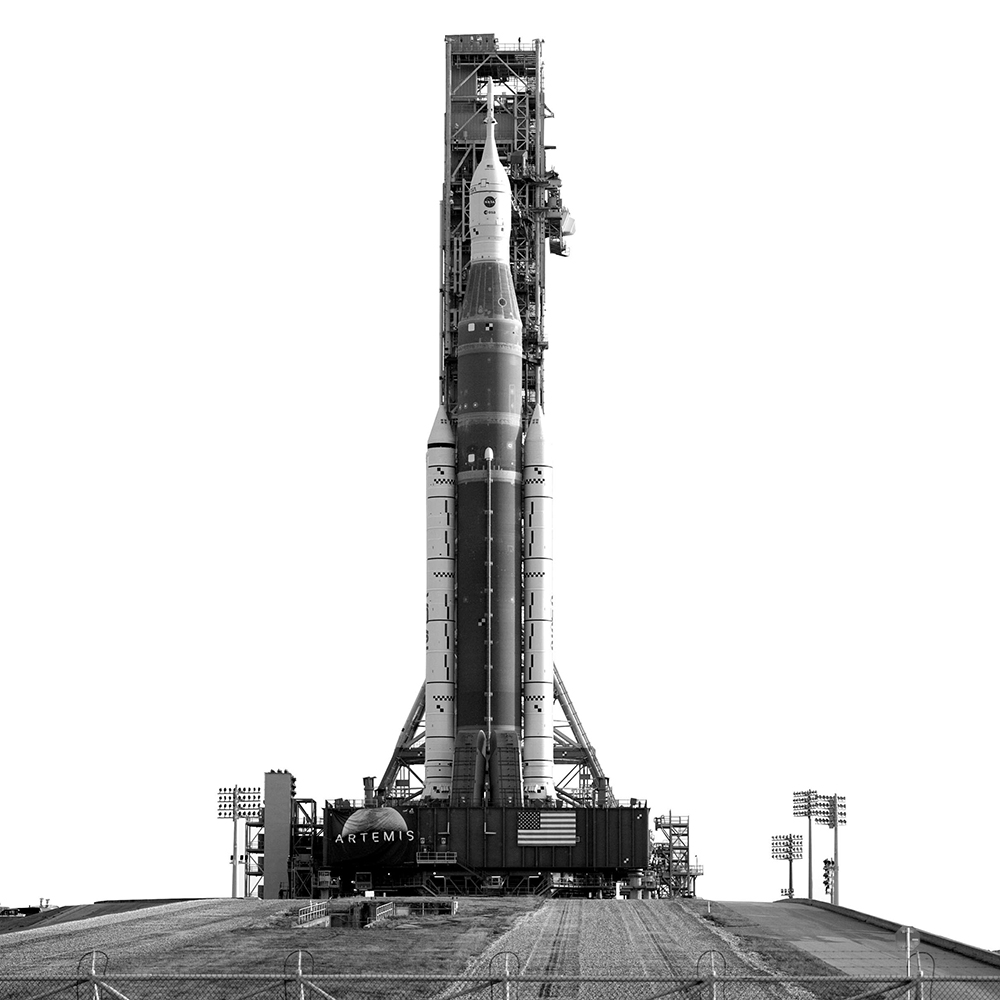FROM THE EDITOR

Usually, I like to end the year by focusing on the positives, and this year I’ve really got my work cut out for me. That said, there has been a lot to feel hopeful about – and you’ll find most of it inside this issue. First and foremost, the James Webb Space Telescope (JWST) produced its first images. Piece by piece, the JWST has been filling in the gaps in our knowledge, providing data that shines a fresh light on how stars, black holes and planetary systems work. To discover what we’ve learned so far, head over to James Webb’s first year in space.
Back here on Earth, there was also much to be excited about. We saw the first launch of the Artemis mission, the programme that will put humans back on the Moon. The tech developed to fight COVID, mRNA vaccines, was spun into a potent vaccine that fights malaria, a disease that affects some 280 million people every year. Plus, palaeontologists discovered a dig site that was buried on the day that the asteroid which wiped out the dinosaurs hit Earth – a find that will tell the story of one of the most momentous days in the planet’s history. Head to 2022 in science to get a round-up of the year’s key science stories.
Another positive has been our podcast, Instant Genius: it’s brought us all kinds of science stories we might not have discovered otherwise. This year, we found out that one of the founders of the Medical Detection Dogs charity had her life saved by a dog, that you can hear astronomical data, and that what you think about your health can have a significant effect on your wellbeing. Don’t miss out – come and find us on your favourite podcast app.
Enjoy the issue!

Daniel Bennett, Editor
CONTRIBUTORS

DR KATE DARLING
Kate, a researcher at MIT’s Media Lab, studies how technology intersects with society. This month, she asks if we’re really going to let robots into our homes.

DR STUART CLARK
The images released from the JWST have been jaw-dropping. But what do they actually tell us that we didn’t know before? Astronomer and author Stuart finds out.

PROF LISA FELDMAN BARRETT
As a neuroscientist, Lisa studies how our brains (and bodies) create emotion. We asked her whether it might be better for our grey matter if we skipped the news once in a while.

DR MERAV OZAIR
NFTs have lost their buyers millions. So are we finally done with this idea, or is the system here to stay? Merav, a leading expert in NFTs, cryptocurrency and blockchain, explains all you need to know.
ON THE BBC THIS MONTH…

The Royal Institution Christmas Lectures
Okay, it’s a tradition that’s more than a century old, and has been presented by the likes of Sir David Attenborough and Carl Sagan. But this year we’re excited just because it’s being hosted by Prof Dame Sue Black, a forensic scientist who’s been involved in some of the UK’s most high-profile criminal investigations.
BBC Four, 28-30 December. Also available on iPlayer

The Documentary: Living In Space
With the Artemis programme, the idea of an off-planet settlement moves a step closer to reality. David Baker explores what we’d need to build a working community on another celestial body.
BBC World Service, 10 December, midday

The Secret Genius Of Modern Life
We take technology like bank cards and GPS for granted – they’re almost mundane. But powering these now ubiquitous technologies is some mind-blowing science. Hannah Fry tells the story of the science and engineering that shaped the modern world as we know it.
BBC Two, Thursdays, 8pm. Also available on iPlayer
CONTACT US
Advertising • David.Dsouza@ourmedia.co.uk 0117 300 8110
Letters for publication • reply@sciencefocus.com
Editorial enquiries • editorialenquiries@sciencefocus.com 0117 300 8755
Subscriptions • buysubscriptions.com/contactus 03330 162 113*
Other contacts • sciencefocus.com/contact
*UK calls will cost the same as other standard fixed line numbers (starting 01 or 02) and are included as part of any inclusive or free minutes allowances (if offered by your phone tariff). Outside of free call packages call charges from mobile phones will cost between 3p and 55p per minute. Lines are open Mon to Fri 9am-5pm. If calling from overseas, please call +44 1604 973721. BBC Science Focus (ISSN 0966-4270) (USPS 015-160) is published 14 times a year (monthly with a Summer issue in July and a New Year issue in December) by Our Media Company, Eagle House, Bristol, BS1 4ST. Distributed in the US by NPS Media Group, 2 Enterprise Drive, Suite 420, Shelton, CT 06484. Periodicals postage paid at Shelton, CT and additional mailing offices. POSTMASTER: Send address changes to BBC Science Focus, PO Box 37495, Boone, IA 50037-0495.